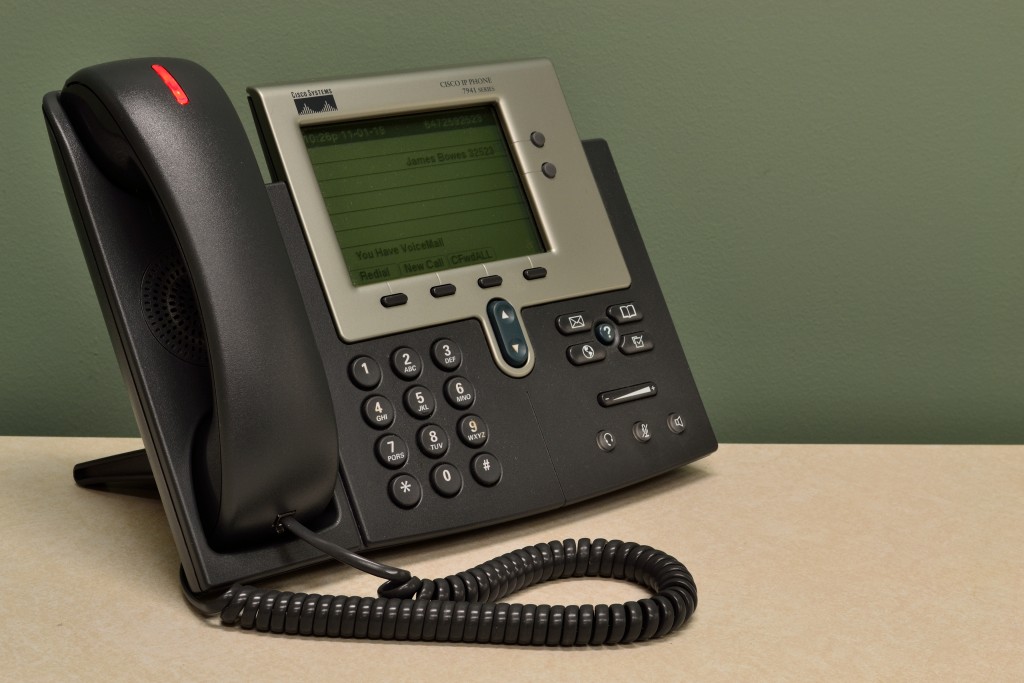A good conference call can be quite productive, given the right tools and a bit of planning. Whether you’re discussing big changes to the company, or simply meeting with some new clients to plan a big project, your conference call needs to be clear, concise, and have a good connection. Just how do you get the best conference calls? Keep reading to learn about five tips for the best conference calls.

- Use the Right Tools for the Job
Probably the most important component of a successful conference call is having the right tools to do the job. This can mean the right equipment (microphone/telephone/computer/internet connection), the right software, the right online platform or even the right conference room. While hardline conference calls are still in use, there has been a general shift in recent years to the more popular online-based conference calling services.
Online conference calling sites have reliable connections, tech support, and can be accessed from anywhere in the world without those draining long-distance fees generally associated with regular phone services. Accessibility, ease of use, and versatility make setting up conference calls simple and quick.
As with any task, having the right tools can mean the difference between stellar and poor results. Taking your conference calls seriously means upgrading to a better system with more effective tools, starting with your connection. Web-based connections are reliable and secure, so you can be sure no unwanted ears are listening and you won’t experience dropped calls.
Many of these web-based platforms also include extra tools such as cloud-sharing, video conferencing, and screen sharing software. Can your landline do that?
- Invite the Right People
Have you ever been in a conference call with someone who clearly didn’t belong there? Besides being a distraction, excess participants can also serve to derail the conversation and distract the other callers from the overall goal of the call. This can become frustrating when you’ve sat on the phone for over an hour listening to someone talk about completely irrelevant information.
It’s important to take a look at the topics you’ll be discussing in your call before deciding who needs to participate. Are you discussing sales numbers? Perhaps Mark from HR doesn’t need to be there. Discussing big changes to your marketing strategy? Dave from accounting may not be a good asset to that particular call.
Narrowing down the guest list ensures that only the people who have a direct effect on the discussion topic are participating, keeping things focused and ideas flowing. Nothing is more distracting (or frustrating) than attempting to discuss a marketing plan, only to have Dave from accounting ramble on about last night’s game.
Keep your list exclusive and relevant. This will ensure that the call is well-spent generating ideas and solutions to problems, rather than frivolous conversation.
- Have an Agenda…Always
We cannot stress the importance of an agenda for conference calls enough! A well-written agenda can mean the difference between a highly productive phone call and an unproductive one. Agendas provide direction for the conversation; a sort of anchor to keep everyone on the right track.
A good agenda will have key discussion points, date and time of the call, as well as any names of the participants. Providing an agenda to the call’s participants beforehand lets them prepare for the material to be discussed, as well as provide you with feedback on any of the proposed talking points.
If you’ve never used an agenda, or aren’t quite sure how to go about writing one, you can find hundreds if not thousands of templates on the web. Many are free, so you won’t have to pay for more organized conference calls. The same agenda template can be used for meetings, presentations, and more!
- Gather Feedback
After you’ve completed your call, send a follow-up email to the participants. Include the topics discussed, proposals, and any other information on the outcome of the call. Ask if any participants had feedback on the call or the content.
This valuable insight will help you better tailor your next conference call for increased efficiency and relevancy. Pay close attention to the feedback your callers provide; after all, who knows better how to improve the call than those who participated in it?
Feedback serves a dual purpose: It helps identify issues or changes and allows your team members to have their voice heard and feel like they’ve got a say in what happens. A team member who feels valued is more likely to perform better and stay on board for years to come.
- Listen!
We all have a tendency to speak up when we hear something we don’t agree with. It’s a natural instinct, but cutting someone off in the middle of a sentence to give your piece of mind is not only rude and disrespectful but can derail the entire phone call as tempers flare and your callers feel they’re not being heard.
Sometimes, the best thing to do is just to listen. Listen, comprehend, and then provide your opinion on the matter. Only once you’ve shown your team members you value their input will they accept feedback or criticism. Don’t jump at the first thing you disagree with, but rather sit back and gather information and then speak.
A good listener is an effective leader and teammate. Listening better is a skill we could all benefit from, as it has applications not only in the workplace but also in our personal lives.
Conclusion
Having the right tools, listening well, and providing an agenda can help take your conference calls to the next level. Choose the right tools, learn to listen, and ask for feedback, and you’ll be on your way to becoming a great team leader and excellent planner.